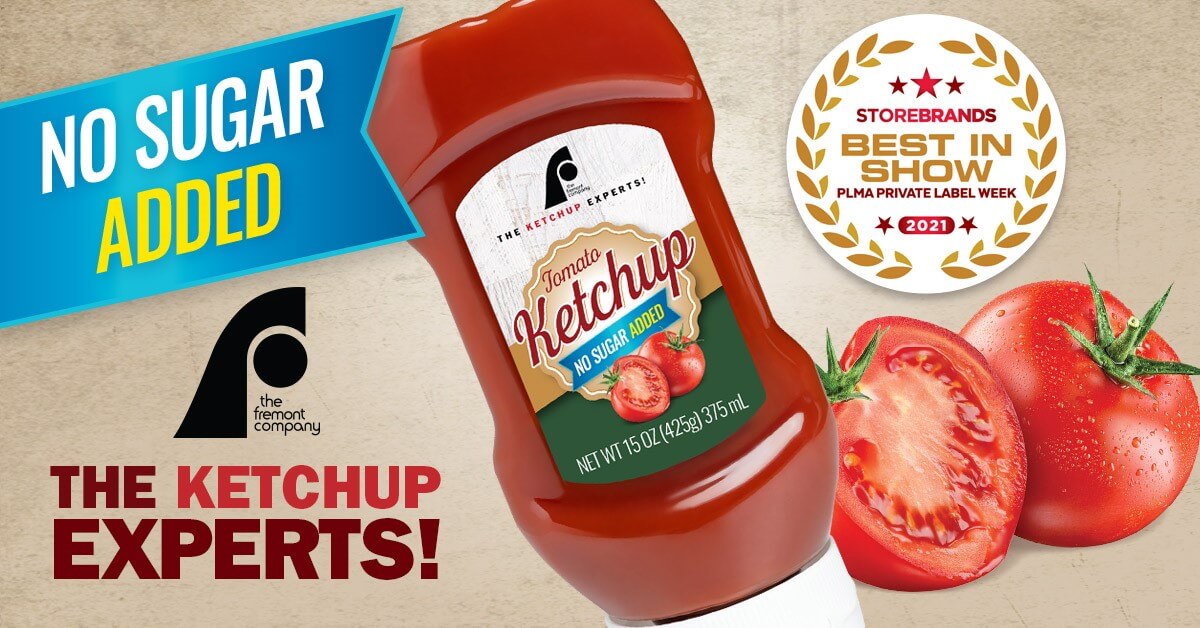Store Brands
Special Report: Natural and Organic
February 2014
See the article in Store Brands Magazine
Although “natural” products also are in growth mode, the lack of specific government guidance here has made consumers increasingly wary of “all natural” product claims.
“My advice to buyers and category managers, when we’re asked how to handle the ‘natural’ phenomenon, is to just steer clear of ‘natural’ and use other certifications like organic or Non-GMO Project Verified,” DeMent notes. “That’s something you can sink your teeth into — we can prove it.”
Todd Whitten, vice president of sales for Nature’s Habit, Napa, Calif., agrees, noting that the “natural” issue is a major industry one that likely won’t be resolved anytime soon. He says his company’s partners are increasing placement of non-GMO, kosher and vegan products, and opportunities also lie in “healthy” grab-and-go snacks that retail up to $6.99.
“Some healthy lifestyle categories will have a very hard time switching to organic due to the retail price restrictions,” he adds. “Consumers are on the move and looking for healthy alternatives to what has been offered in the past. Instead of potato chips, they will grab a trail mix or a yogurt pack to [lessen] hunger between meals.”
Hackbarth also suggests that retailers should avoid the use of “natural” claims. Instead, they could point out the absence of specific unwanted ingredients. For ketchup, for example — which the government regulates as a “clean product” because it is not to contain any preservatives, starches or specific other ingredients — retailers using cane sugar could call out “no high-fructose corn syrup” (HFCS).


